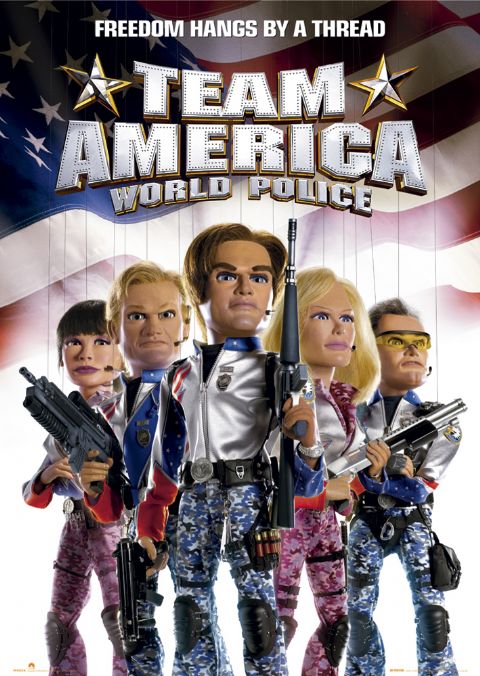
According to the
New York Times, the United States opened its first cultural center since September 11, 2001 in Jakarta this past December, and the tech-heavy hot spot has attracted thousands of curious students, but its influence on perceptions is unknown.
From the article: "The technology on display — a giant, supercharged version of
Google Earth called
Liquid Galaxy, scores of
iPads that are available to test, interactive monitors explaining Black History Month — thrilled the teenagers. It was unclear whether the center had changed their perceptions of the United States, though."
According to the center's website, "
@america is a one-of-a-kind, high-technology cultural center where visitors can explore, experience, and express their interests about the United States in fresh and exciting ways. In the physical and virtual spaces of @america, you can experience cool and cutting-edge technology, interactive games, and live events designed to generate interest and create communities."
The emphasis on new technology and interaction would no doubt make
Ali Fischer happy. But how much are people participating? An online poll center with three poll (open from September 2010 to November 2011) included only 26 votes when this blogger checked it around 11a.m. The reluctance to vote may stem from the fact that voting requires registering--a tall order in a largely Muslim community where many people believe the U.S. is anti-Islam.
However, as the article quotes Ambassador Scot Marciel, "a lot of Indonesians are still a little bit skeptical of the United States, and that’s built up over many years. And our challenge is to steadily chip away at that."
At first blush, @america seems to be well designed, engaging and open. It's not going to revolutionize attitudes about the U.S. overnight, but I hope it may stand as an example of U.S. innovation, technology, openness and information-sharing. But, of course, the best and worst enterprises will be eclipsed by the influences of U.S. policy, so I may do better to hope that domestic and foreign policies demonstrate the country's commitment to those ideals as well.
 The Best of Russia 2010 photography contest is showing at the Winzavod Center for Contemporary Art.
The Best of Russia 2010 photography contest is showing at the Winzavod Center for Contemporary Art.






